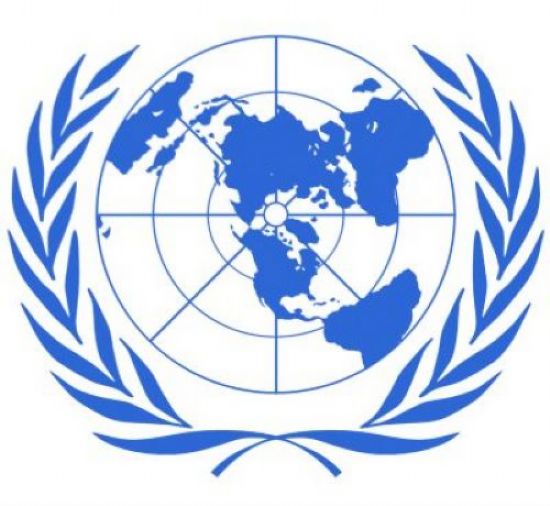UN: Poor need 500 billion-plus a year to adapt to climate change
 Geneva - Calling the currently allocated funds "woefully inadequate", a new United Nations report released Tuesday says rich countries should send 500 to 600 billion dollars a year to poorer nations for mitigation and adaptation to climate change.
Geneva - Calling the currently allocated funds "woefully inadequate", a new United Nations report released Tuesday says rich countries should send 500 to 600 billion dollars a year to poorer nations for mitigation and adaptation to climate change.
The World Economic and Social Survey for 2009 says a global investment programme is needed to balance economic growth with environmentally sustainable development plans reliant on clean energies.
"Developing countries will have to adapt without it damaging their growth," said Richard Kozul-Wright, the head of development strategy at the UN, who was in Geneva to launch the report.
In an interview with the German Press Agency dpa, he said markets alone cannot pull off the feat required and governmental - and inter- governmental - plans are the only policy shifting mechanisms that can ensure economic success while reducing greenhouse gas emissions.
Part of the plan, says Kozul-Wright, would include steps emerging countries should be making no matter the climate situation, including branching out their markets to become more diversified and also less reliant on exports.
"For some of the most affected by climate change, it would be very difficult to diversify," admitted Kozul-Wright.
The Maldives, a range of nearly 2,000 islands in the Indian Ocean, is largely considered one of the prime examples of how the climate has shifted.
The government there is already considering moving populations out of the country, which could find itself under water within several decades due to rising sea levels.
The islands' tourism industry, the main economic sector, would find it next to impossible to cope with the water levels.
The funding for the up to 600 billion dollars - dubbed a Marshall Plan for the climate- would have to come from rich countries. The UN is asking for 1 per cent of the global gross domestic product to be put into adaptation.
However, UN officials say getting the money would be challenging, as foreign aid already lags behind promises of the developed economies.
"Governments can mobilize huge resources. We've seen it in the financial crisis," said Kozul-Wright, estimating that 11 trillion dollars were spent so far "to stop the bankers from going out of extinction."
In his mind, governments should not hesitate to allocate large funds quickly to save the planet from serious damage. He also compares the dangers of climate change to fascism, saying that if the greatly pricey Marshall Plan was meant to ensure a peaceful and prosperous Europe after World War II, similar thinking should define the climate debate.
The question of the funding goes deeper than just whether poor countries will be able to cope with the changes.
Without allocating the resources, say observers of the lead-up to the Copenhagen meeting in December on striking a deal to cut emissions, developing nations would likely not sign on to an agreement.
Kozul-Wright said the poor cannot make massive and expensive changes without help. While renewable energy saves money in the long run, the initial costs would be unaffordable.
The new report was launched in middle of a five day World Climate Conference in Geneva focused on cooperation and information sharing, being hosted by the World Meteorological organization, a scientific arm of the UN. (dpa)